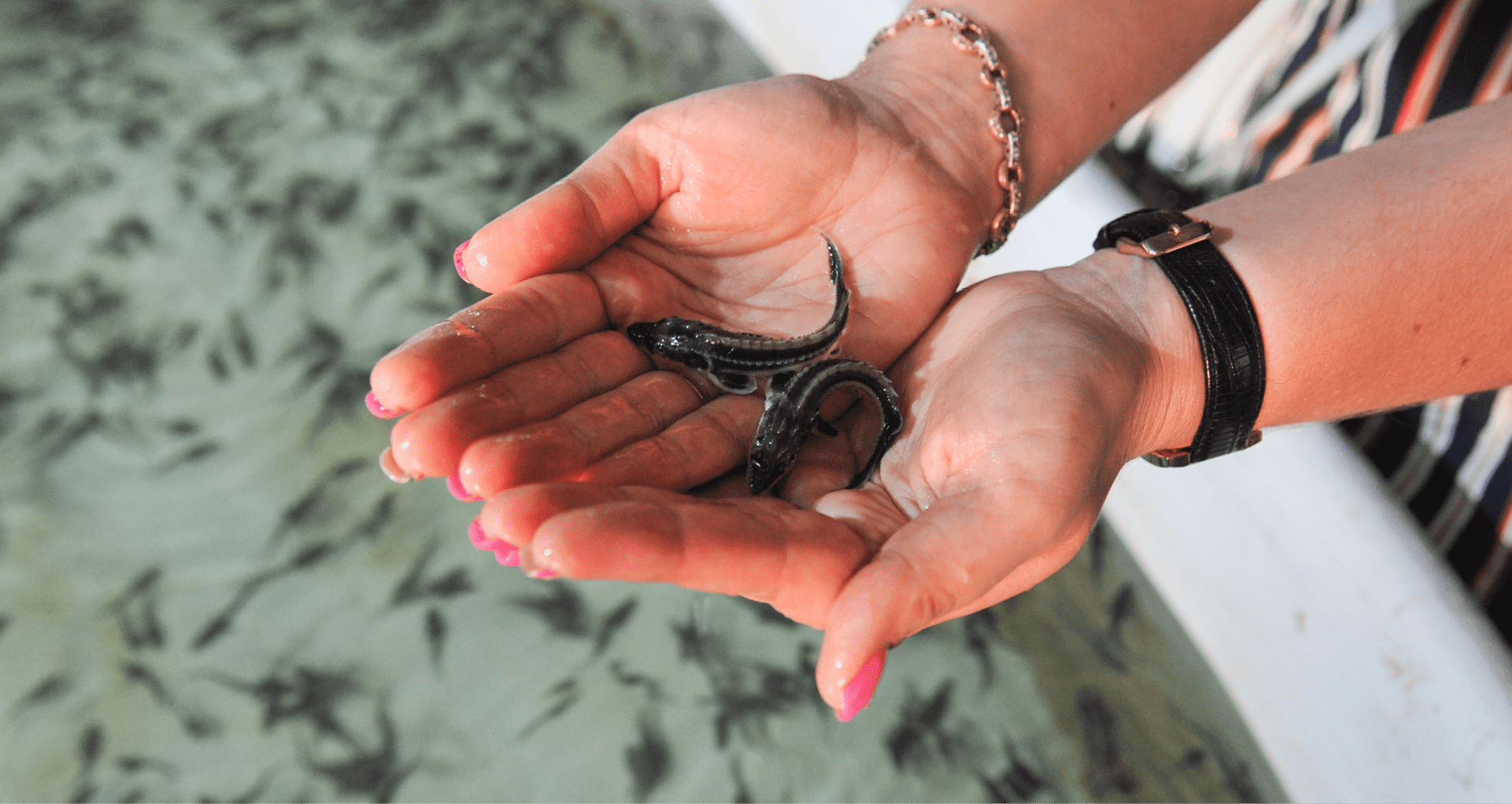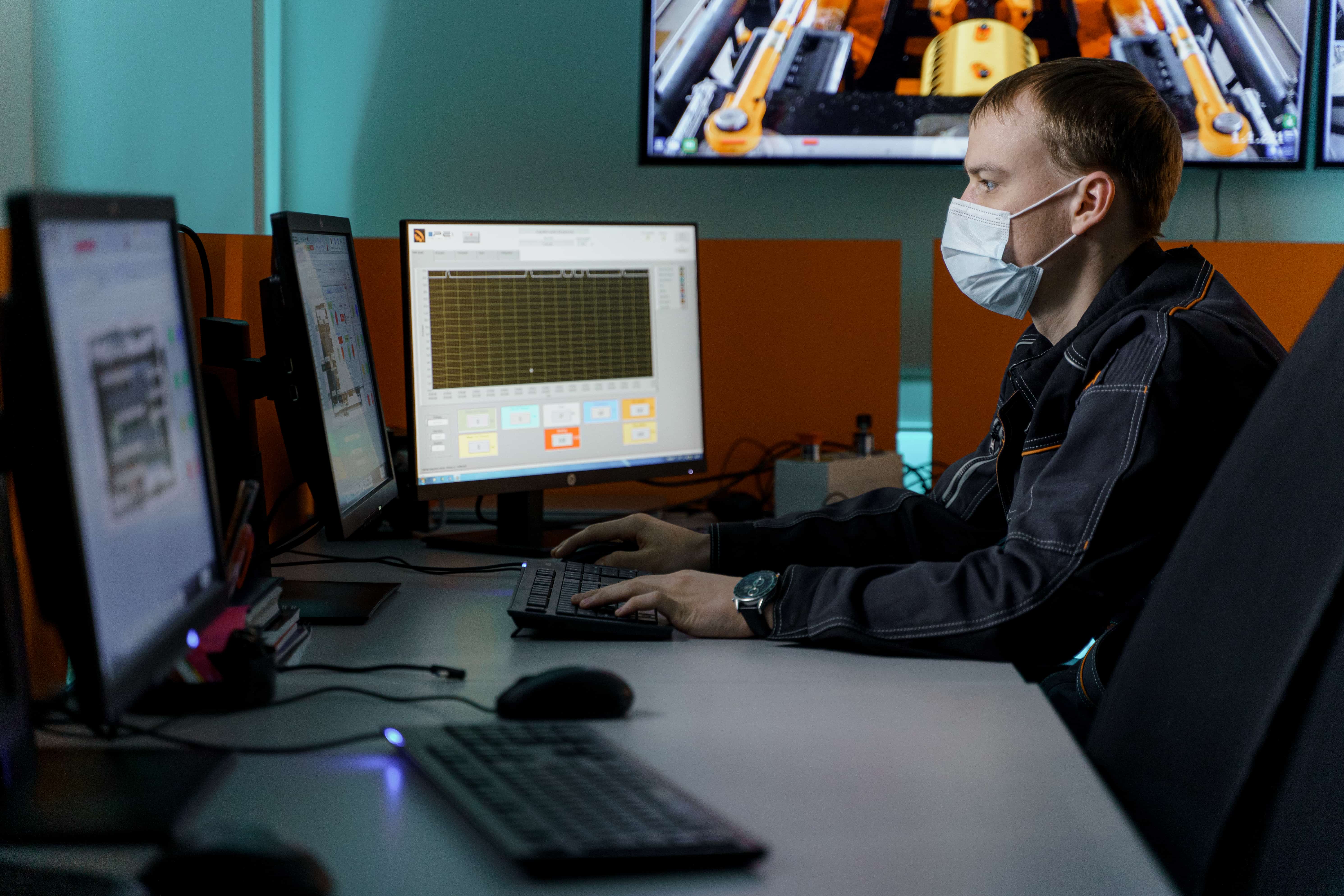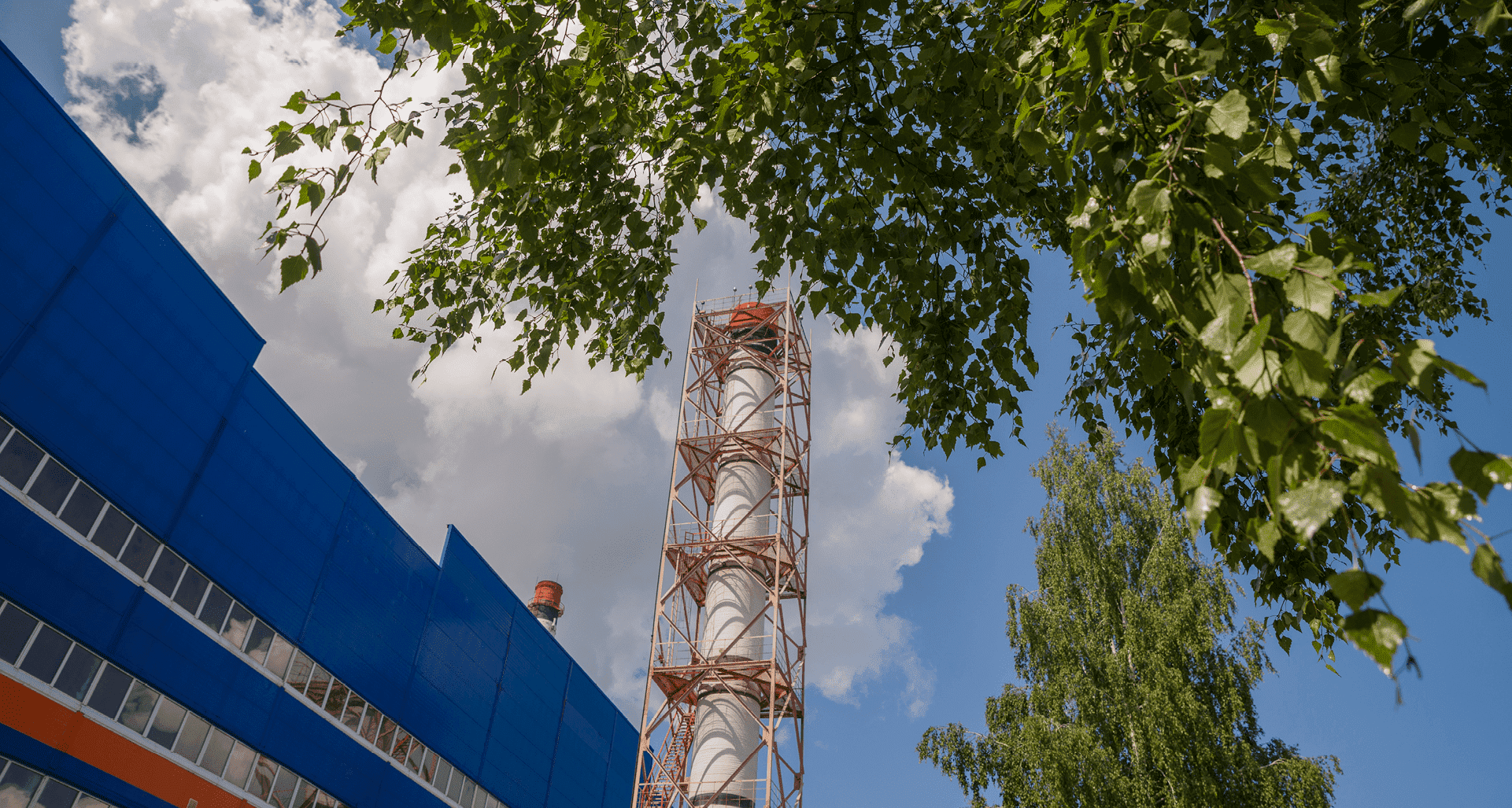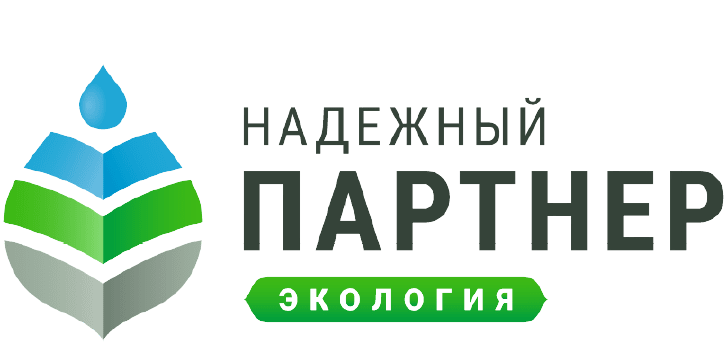Environmental Management
TMK’s 2020 environmental performance highlights
Purpose
Minimize environmental footprint, preserve and improve the environment in operating regions in the context of dynamically growing production.
Governing regulations
- Environmental laws
- Environmental Policy of TMK Group was updated in 2019
- TMK Group’s Environmental Policy Implementation Framework
- ISO 14001:2015 — Environmental management systems
Organization
TMK’s Technical Director organizes environmental protection activities and monitors performance against targets. The Chief Environmental Engineer — Head of the Department of Efficiency of Industrial Ecology is responsible for day-to-day management, planning and environmental reporting at the Group level. At the facility level, The Technical Director/Chief Engineer is responsible for environmental protection. Actual environmental protection activities are conducted by specialized units — environmental services. Accredited environmental laboratories control industrial ecology as regards (instrumental) measurements for environmental analysis.
Approach:
- Applying a risk-based approach to environmental matters when making strategic management decisions about planned and current operations
- Using the best available technologies to minimize environmental footprint
- Optimizing and improving production and process operations with a focus on resource efficiency and minimization of environmental footprint across different aspects
- Improving the system of efficient industrial waste management
- Continuously improving the Company’s environmental performance and the relevant management system
- Building a trust-based dialogue with internal and external stakeholders.
Control
TMK’s Board of Directors; supervisory bodies.
Focus:
continuous improvement of environmental management.
The Company continuously improves its environmental management system so that an objective assessment is made of potential environmental risks in production operations, and the Group can implement measures to prevent or minimize their negative impact.
Environmental planning is based on set targets related to the protection of land, water and air, which enables TMK Group companies to ensure the compliance of their operations with the requirements of environmental laws and to continuously improve their environmental performance.
The Company recognizes, and complies with, ISO 14001:2015 — Environmental management systems — Requirements with guidance for use. In 2020, nine of the Company’s plants passed surveillance audits to confirm the compliance of their certified environmental management system with ISO 14001:2015.

Focus:
high level of environmental responsibility and competence of staff, personal contribution to environmental management system performance.
In 2020, over 2,400 employees completed environmental training, were upskilled or received environmental protection briefings.
Main areas for personnel training:
- Environmental management system
- Environmental safety
- Permission to handle waste of hazard categories 1 to 5
Those TMK employees who are interested in the basics of environmental legislation and the environmental aspects of TMK Group’s operations have the option of taking the Ecology for Nonecologists course in TMK’s ТМК2U Corporate University.
Company experts actively participate in environmental workshops, conferences and other events held by government bodies or relevant educational institutions.
The Company’s facilities also provide environmental safety briefings to its contractors.
TMK also runs environmental initiatives, tours, open lessons and lectures for school and university students to improve environmental awareness in its operating regions.
Focus:
consistent reduction of the man-made environmental footprint, including the introduction of advanced technologies and the development of environmentally-oriented processes.
By financing environmental initiatives, TMK plants ensure the achievement of the Company’s targets and compliance with the local environmental laws, standards and regulations. Our priority is the gradual decommissioning of obsolete equipment and installation of modern, environmentally friendly equipment at production facilities.
TMK allocates significant funds to implement projects and measures aimed at environmental protection and stewardship every year. In 2020, total environmental expenditures amounted to RUB 2,314.5 million, including environmental investments of RUB 237.7 million. The decrease in investment in 2020 was due to the completion of major investment projects — in particular, the construction of a treatment complex including a water treatment facility with water recycling at Seversky Pipe Plant’s Heat Treatment Facility No. 3, commissioned in early 2020.
In 2020, TMK’s CEO approved the Environmental Performance Improvement Programme for 2021–2023, aimed primarily at getting ready to obtain a comprehensive environmental permit by improving the environmental performance of the Group’s key plants. The programme envisages the implementation of 24 activities with an investment of about RUB 1.3 billion.
The key objectives of the programme are to:
- reduce air emissions
- improve technologies and modify equipment
- reduce the volume of contaminated wastewater discharge
- reduce the amount of water used
- improve the waste management system, and in particular ensure the safe storage of waste, introducing advanced technologies for treatment and disposal of hazardous waste
- comply with environmental laws
- prevent environmental damage.

Key capex projects in 2020
At Seversky Pipe Plant:
- Installation of a MAPEKO casting ladle preheater with a system for «soft drying» and gas burning inside the ladle.
- Upgrade of the gas-cleaning unit of Lime Kiln No. 1.
At Volzhsky Pipe Plant:
- the water recycling system equipment was upgraded.
At Sinarsky Pipe Plant:
- upgrade of the treatment facility was launched.
At TAGMET:
- the installation of a noise screen on the buffer zone boundary was initiated.
At Sinarsky Pipe Plant’s CHP plant:
- the retrofit of Exhaust Pipe No. 2 was completed.
At TMK-Resita S.A.:
- a roof was installed over the hot slag discharge area.
Ambient Air Protection
Focus:
continuous air quality improvement in production hosting areas.
TMK’s facilities comply with the legislation covering air emissions inventory, regulation and control, as well as operations in adverse weather conditions. Our emissions control activities ensure compliance with the prescribed air emissions limits.
| Key initiatives to reduce air emissions at TMK’s facilities | Installation of modern dust and gas removal equipment | |
| Air emissions control in adverse weather conditions | ||
| Ensuring the effectiveness of gas cleaning units | ||
| Containing, redirecting and cleaning dust and gas flows |
In 2020, total air emissions amounted to 12.8 thousand tonnes of pollutants. Carbon oxide (CO) emissions from fuel combustion in production processes accounted for the largest part of total emissions (55%). In the reporting period, the Company complied with emission standards without any emergency or peak emissions.

In order to reduce pollutant emissions into the ambient air, the Company took a number of measures to ensure efficient pollutant removal, control emissions in adverse weather conditions, as well as contain, redirect, and clean dust and gas flows at centralized facilities.
Key activities in 2020:
at Volzhsky Pipe Plant:
- Components of the aspiration unit of the EAF shop were upgraded
- Filters in the EAF’s gas cleaning system were replaced (12 thousand filters in total)
At Seversky Pipe Plant:
- The aspiration system of the crushing and screening plant is being upgraded
At TAGMET:
- Components of the dust and gas cleaning system of the vacuum degassing unit were upgraded
- Filters in the EAF’s gas cleaning system were replaced
At TMK-ARTROM S.A.:
- A rotary hearth furnace was repaired and flue gas volumes were optimized
Climate Responsibility
Focus:
support of Russian and international initiatives to prevent climate change.
TMK considers carbon footprint when defining its development strategy, with the carbon agenda incorporated into risk management and business processes.
GHG emissions are calculated on an annual basis. GHG emissions in the Russian division are calculated in accordance with the Methodology Recommendations and Guidelines for Quantitative Determination of Greenhouse Gas Emissions from Organizations Conducting Economic and Other Activities in the Russian Federation approved by Order No. 300 of the Russian Ministry of Natural Resources and Environment dated June 30, 2015.
The European division entities comply with local carbon laws and submit GHG emission verification reports and monitoring plans to supervisory bodies in due time.
TMK is implementing a Programme to Improve Energy Efficiency and Fuel and Energy Saving, optimizing operations and improving process solutions, specifically through use of alternative carbon-containing materials and improvement of heating elements in core process equipment. As a result, total weight of GHG emissions decreased by 3.4% year-on-year in 2020. Direct GHG emissions in 2020 totaled 1.25 mln tonnes of CO2 equivalent.
Protection and Sustainable Use of Water
Focus:
reduction of water consumption and negative impact on water bodies.
Subject to permits, TMK’s facilities abstract water from surface and underground sources to supply water for production, general and drinking, and process use, as well as public needs.
Water reuse or recycling is a mandatory requirement for commissioning any of TMK’s new, upgraded or revamped facilities. In 2020, the volume of recycled or reused water totaled 480 million m3. Percentage of water recycled and reused by TMK’s Russian plants stood at 95.85%. The high percentage of reused and recycled water reduces water withdrawal and wastewater discharge.
| Key initiatives to mitigate negative impact on water bodies at TMK facilities | Building and upgrading treatment facilities | |
| Organizational measures to prevent spills, leaks, and unsustainable use of water | ||
| Building and enhancing water recycling and reuse systems |
During the year, measures were implemented to ensure compliance with regulatory requirements and improve qualitative and quantitative indicators for effluents; to optimize fresh water consumption used in core production processes (steelmaking and pipe production); and enhance monitoring of water consumption and water disposal, etc.
Key activities in 2020:
At Volzhsky Pipe Plant:
- above-ground and underground tanks of Pipe Rolling Shop No. 3 were cleaned from sludge containing petroleum products, generated by mechanical treatment of oily wastewater
At Sinarsky Pipe Plant:
- a set of technical (equipment repair, cleaning and upgrade) and organisational measures was implemented, which helped reduce fresh water consumption, significantly reduce wastewater disposal and the discharge of petroleum products and solids
At Seversky Pipe Plant:
- The reconstruction of the aeration station and biological treatment plant is underway
- The upgrade of the Mayak filtering facility continues
- Fish protection devices were installed on the Chusovaya River.
At TAGMET:
- Fish protection devices were repaired and cleaned; negative impact on aquatic biological resources was prevented
- Russian sturgeon was artificially reproduced by releasing 25,242 fingerlings
At TMK-INOX:
- a prevention programme is in place to prevent coolant leaks into the sewage system
Waste Management
Focus:
prevention of land contamination by reducing waste generation and minimizing waste disposal into the environment.
The main measures implemented by TMK are aimed at reducing waste generation, reusing waste, and minimizing the amount of waste disposal into the environment.
Our waste management aligns with approved industrial guidelines and standards in place at TMK facilities, which set up a recycling system and practice waste sorting. Volzhsky Pipe Plant and Seversky Pipe Plant developed and rolled out specialized industrial waste management software solutions. Our waste disposal and temporary storage sites are subject to industrial environmental monitoring.
Environmental programs aiming to increase waste recycling and reduce waste landfilling achieved good results: 91% of total waste generated by production processes (515 thousand tonnes in 2020, of which 98.3% was practically non-hazardous and low-hazardous) are used, treated and recycled.
Key results of TMK’s consistent environmental activities in 2020:
- Total waste decreased by 17%
- Waste disposed of at our own facilities decreased by 3%
Waste is managed in accordance with approved instructions and corporate standards. Our waste disposal and temporary storage sites are subject to industrial environmental monitoring.
TMK contributes to the government’s efforts to fulfil Russia’s obligations under the Stockholm Convention on Persistent Organic Pollutants. Since 2017, the Company has had in place a Programme for Disposal of PCB-Containing Equipment (equipment containing polychlorinated biphenyls). Since the launch of the Program, TMK has decommissioned and transferred for treatment a total of 1,723 pieces of PCB-containing electrical equipment (transformers and condensers).
Focus:
continuous monitoring of environmental impacts.
TMK facilities have in place a multi-stage industrial environmental control system. To enable prompt analysis, all of the Russian division’s plants use their own certified chemical laboratories featuring the necessary state-of-the-art equipment. In accordance with accreditation requirements, environmental laboratories participate in interlaboratory comparisons for experimental confirmation of their proficiency. During the year, 198 thousand analyses were carried out.
Sampling and analysis of components outside the scope of accreditation of in-house laboratories are carried out by independent Centers for Laboratory Analysis and Technical Measurements.
Objects of industrial monitoring:
- Pollutant emissions
- Ambient air quality on the buffer zone boundary
- Physical impact levels (noise pollution)
- Surface, ground and wastewater quality
- Soil condition
In 2020, an image-building project, ECO HOUSE TMK, was implemented at Volzhsky Pipe Plant. As part of the project, a state-of-the-art facility was built, combining an environmental laboratory and a workplace for the plant’s environmental function staff. ECO HOUSE is a platform for scientific discussion and will be used to enhance eco-friendly development, educating school and university students. It is a long-term intellectual investment that cultivates young people’s respect for the environment.
In the reporting year, employees of TMK Group facilities helped maintain a favorable environment by participating in environmental cleanup days to clean up and improve the plants’ premises, cities and towns where the plants operate, coastal areas and river banks, as well as greening activities.
To foster environmental thinking, an environmental awareness campaign was conducted among the Company employees in 2020; events teaching office employees to save water, electricity and paper were carried out; corporate media covered environmental efforts of TMK enterprises.
TMK was among 30 most environmentally friendly companies in Russia according to Forbes magazine. The Company ranked 13th and was the leader among steelmakers. The ranking was based on indicators such as emission reduction, environmental expenditures, care for the environmental footprint, and changes in resource consumption, among others.

TMK’s R&D facility in the Skolkovo Innovation Center won the prestigious competition “Environmental Culture. Peace and Accord”, held annually by the V.I. Vernadsky Foundation. TMK’s R&D facility environmental certification project won the Environmental Culture in Industry and Energy category.

In spring 2020, the R&D facility received LEED Gold, a highly acclaimed international green building certificate awarded by the U.S. Green Building Council (USGBC) following a multi-stage certification process. The R&D facility became the 33rd LEED Gold certified building in Russia and the first such facility in Skolkovo, which hosts research centers of well-established Russian and international companies.

In 2020, TAGMET and Sinarsky Pipe Plant won the award of the 16th Russian contest “Environment Leader of Russia 2020” in the Best Environmentally Responsible Steel Company category.

Seversky Pipe Plant received a commendation at the all-Russia contest “Reliable Partner — Environment” for implementing local environmental best practices.
- To ensure compliance with new environmental laws, TMK has developed a corporate Environmental Performance Improvement Programme for 2021-2023. Its key focus, apart from preparations to obtain new environmental documents, is to improve environmental performance of the Company’s key production facilities.
- The Company places a particular emphasis on reducing its carbon footprint. In particular, we plan to develop a corporate programme to reduce GHG emissions, and to advance/progress our efforts to introduce process standardization by assessing the compliance of production processes and applied technological equipment with the provisions of information and technical guides listing the best available technologies.
